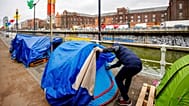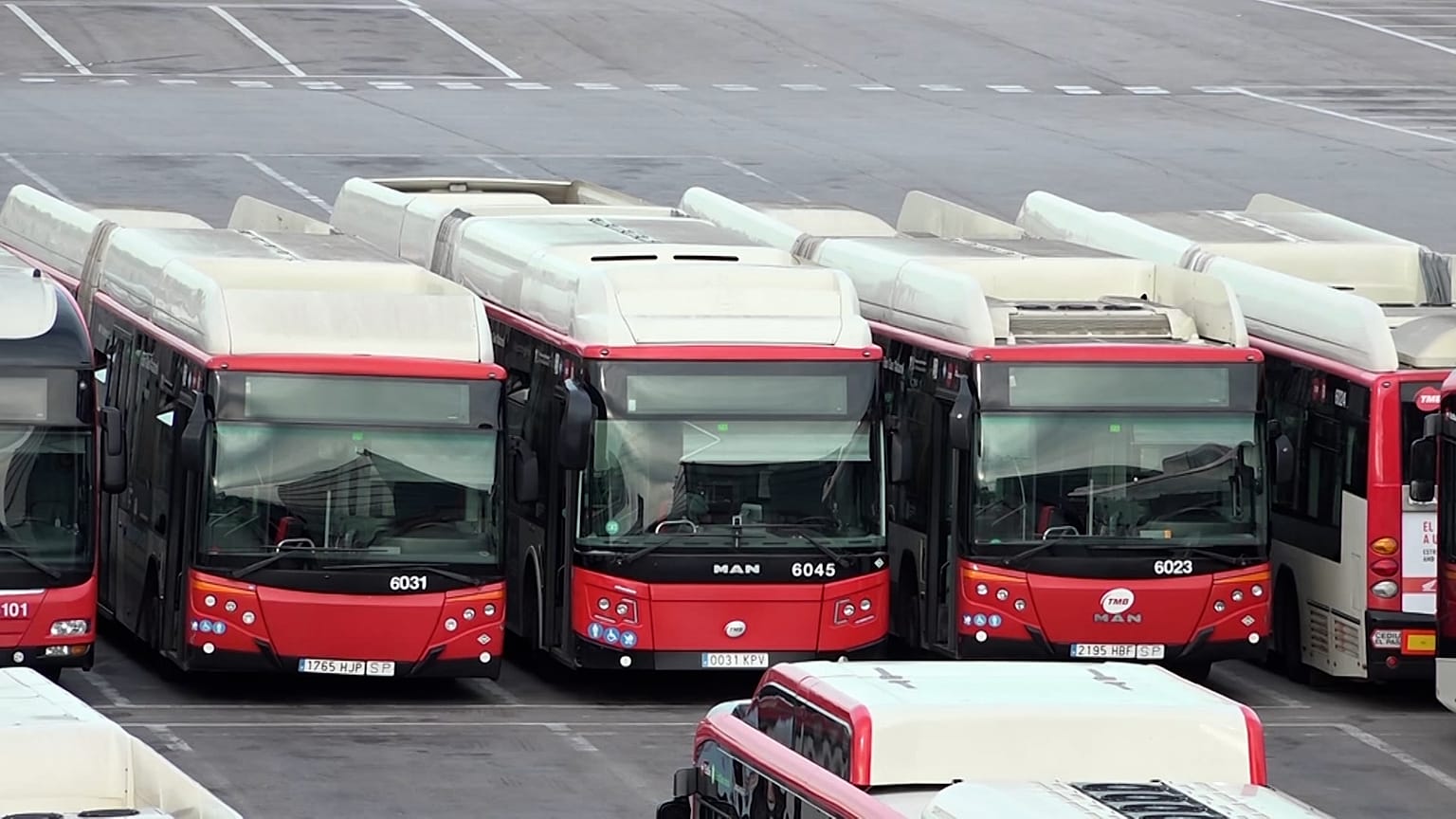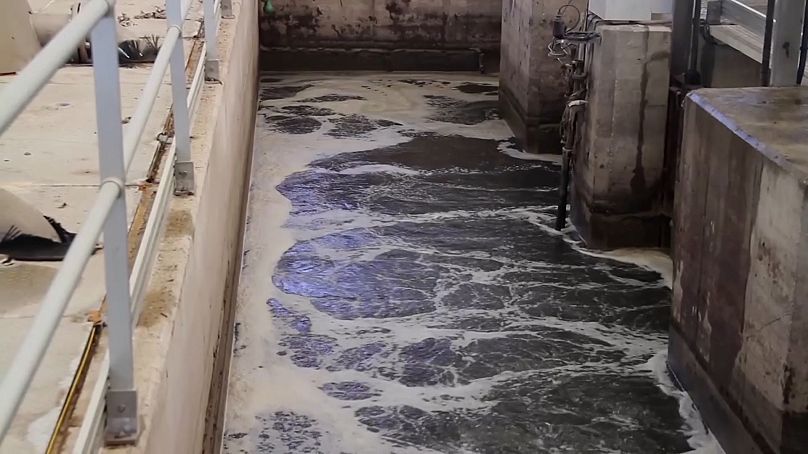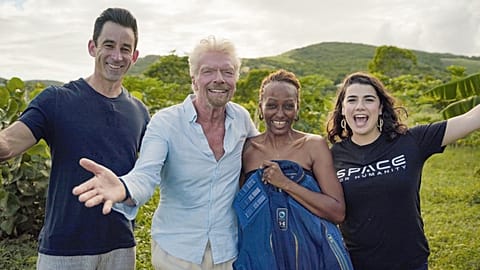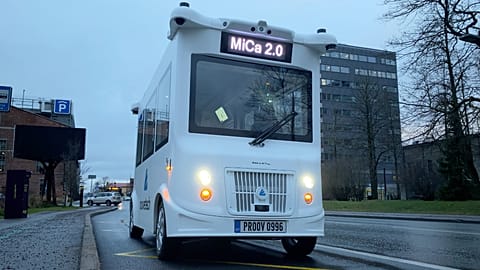The city of Barcelona plans to generate biomethane from sewage sludge, which its buses will then run on, as part of a greening initiative.
Barcelona buses could soon be running on sewage sludge, under plans to generate biofuel for the city’s immense public transport system.
 ADVERTISEMENT
ADVERTISEMENT
 ADVERTISEMENT
ADVERTISEMENT
Some 900 buses drive through the streets of Barcelona during rush hour, and its 1,100 buses rely heavily on fossil fuels to function.
As part of a new initiative, the city is launching a pilot project to produce biomethane, a renewable natural gas, from sewage sludge.
It’s part of the Nimbus Project, which receives funding from the European Union, and aims to encourage a circular economy, starting with greener public transport.
According to TMB, the Catalan capital’s main public transport operator, 70 per cent of its fleet ran on diesel fuel in 2010.
By 2020, around 75 per cent of the buses were hybrid or running on less polluting energy.
It’s still far off the EU’s commitment for over 30 percent of energy consumption for transport from renewable sources by 2030.
"This is about using bioproducts, which already exist in the atmosphere and giving them a new life," said TMB depot supervisor Angel Olmo.
"Recycling gases that are already in the atmosphere. And if they can be used to power these buses, then it's the right thing to do".
From sewage sludge to biofuel
The process will work by gathering sewage sludge at water treatment plants.
This sludge is generated during the water purifying process, and it, in turn, creates biogas.
Currently this biogas – made of methane and CO2 – is stored in silos and burnt at a later stage to power part of the plant.
But once the Nimbus Project goes live in March, CO2 from the biogas will be removed to create biomethane.
Once compressed at high pressures, it will be used as fuel for a bus.
The Baix Llobregat wastewater will be one of the plants in the project. It manages about half the wastewater from Barcelona's metropolitan area.
During the autumn months, the plant receives some 190,000 cubic metres of wastewater, the equivalent of nearly 80 Olympic swimming pools.
Once processed, the water is used for irrigation, cleaning streets and pavements, recharging aquifers and feeding the nearby river.
The project is being run by Cetaqua, a consortium formed by Barcelona's main water supplier Agbar and TMB.
"We are doing this in conjunction with Cetaqua Water Technology Center in order to start this pilot plant that will generate biomethane," explained Mauri Poch, a strategic developer engineer working at the site.
"At first, it will power a single bus. The idea is to use it to power many more in the near future".
It's hoped that when the project is scaled up, this wastewater treatment plant will turn into an "eco-factory", generating valuable resources instead of waste as a by-product.
Hydrogen-run buses
Besides biomethane, TMB is currently running two other projects involving greener energies: Hydrogen and electricity.
A single hydrogen bus is currently being tested, but TMB plans to add 46 of them to its fleets by 2024.
Electric buses are more popular. A full bus line has been operated by them since last summer, and two more lines are expected to transition next year.
Half the fleet should be electric by 2030, with buses charging overnight.
"The idea is to continue this scheme of electric vehicles powered with batteries that either recharge during the day or fully charge at night," explains Josep Armengol, TMB's head of technology.
Not everyone is on board with biogas buses, however.
Adrian Fernandez, head of mobility at Greenpeace, argues it still relies on our ability to generate waste.
"Even though it is an alternative to alleviate CO2 emissions generated by public transport, we don't think it is a solution that could be generalised to the whole fleet of buses because there is not enough waste.
And, of course, the alternative of generating more waste in order to generate more methane is out of the question".

